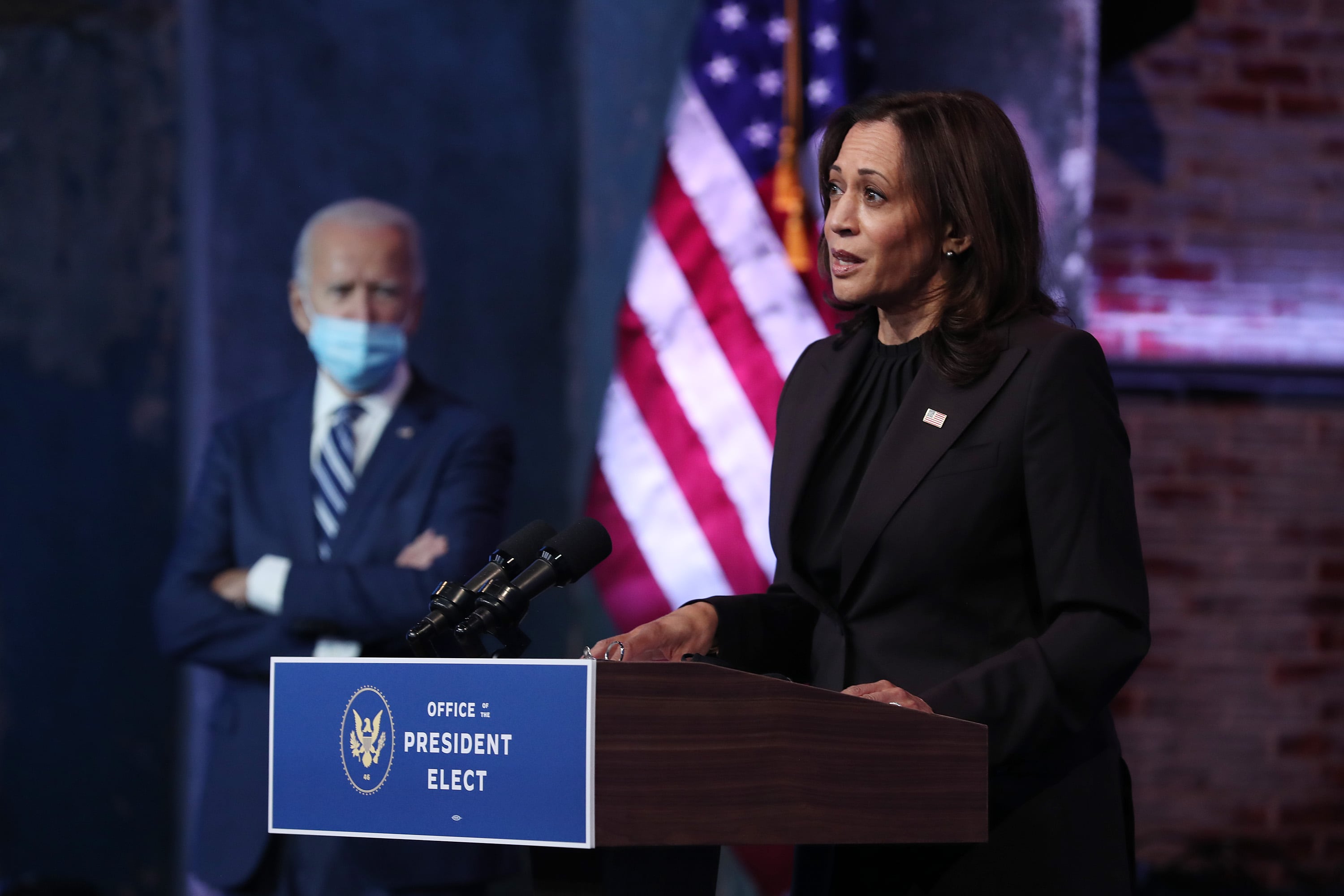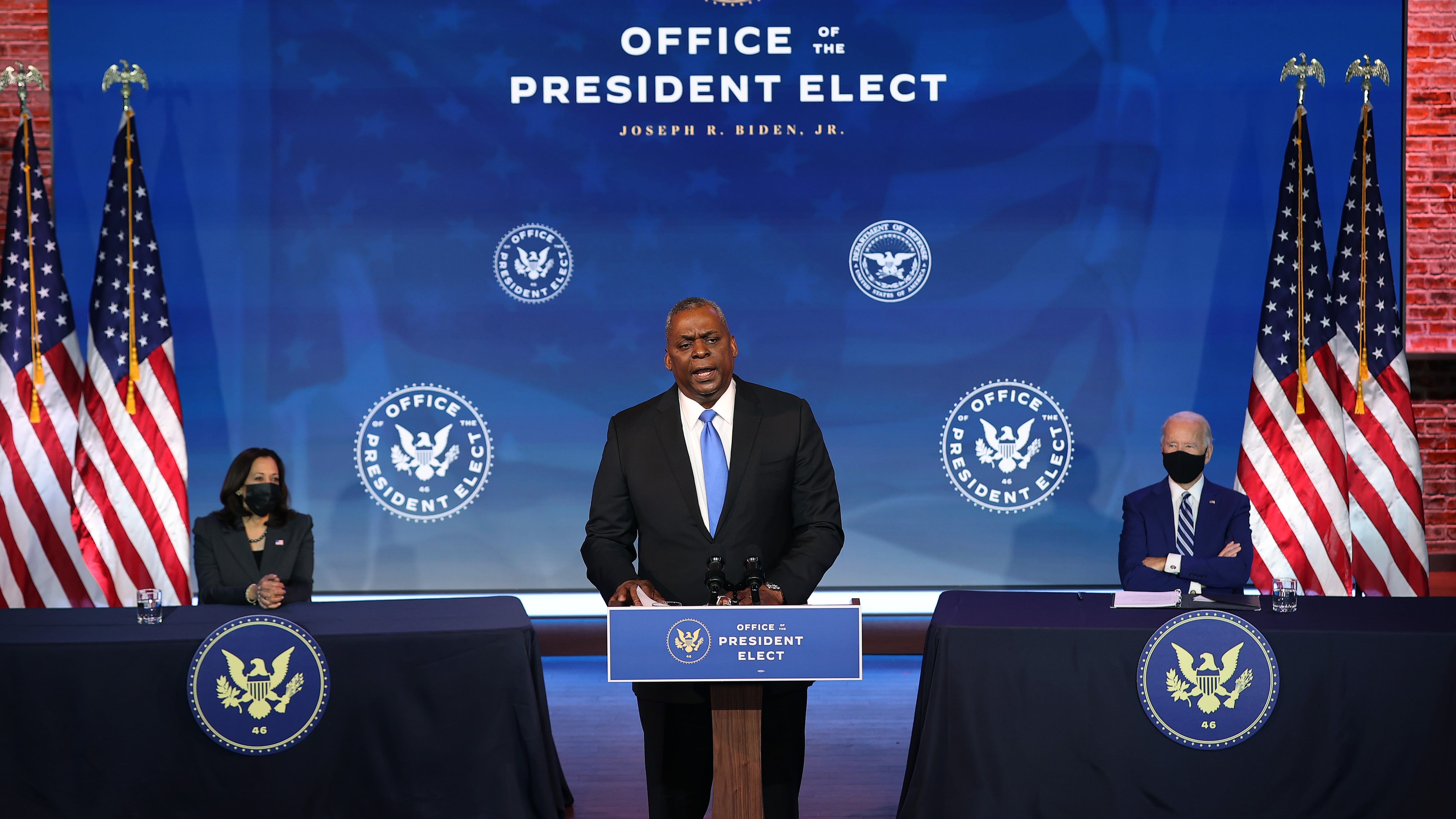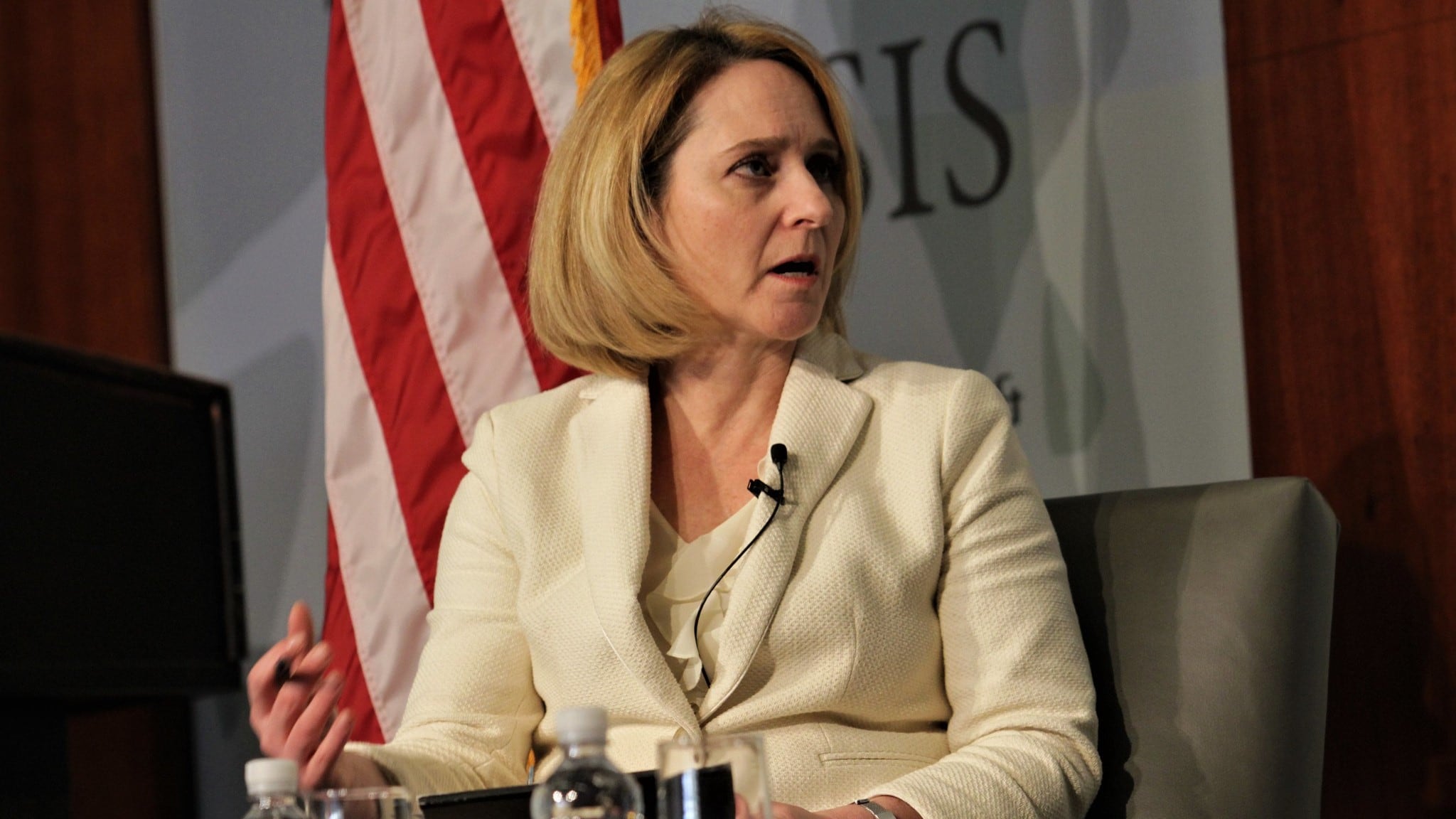WASHINGTON — Kathleen Hicks, President Joe Biden’s pick for deputy defense secretary, is expected to cruise through her Senate confirmation hearing Tuesday, paving her way into the Pentagon in the coming weeks.
And when she gets there, experts said, she will have plenty to do.
Hicks, a former Obama-era deputy undersecretary of defense for policy and head of Biden’s DoD transition team, is a well-known voice in national security circles. Since leaving the department, she has served on several congressionally mandated boards and has been a fixture at the Center for Strategic and International Studies think tank since 2013. Hicks is now posed to become the highest-ranking senate-confirmed woman in Pentagon history (Christine Fox served as DSD on an acting basis in 2013-2014).
“She’s going to come in ready to go on Day One,” said Jamie Morin, a former director of the Cost Assessment and Program Evaluation office at the Pentagon who served with Hicks during the Obama administration. “I mean, this is an incredibly impressive person. Definitely one of the finest public servants I’ve ever worked with.”
RELATED

“The one thing that I saw most clearly from her that will be a huge asset as deputy secretary is she’s just really good at taking top level strategic guidance — presidential priorities, top level documents and choices — and figuring out how to move them out and turn them into practical implementation,” he added.
That experience sets her up to be a key partner for Defense Secretary Lloyd Austin, the former commander of U.S. Central Command who required a waiver from Congress to serve after retiring from the Army just four years ago.
Given their backgrounds, Austin is likely to be a traditional “up and out” defense secretary, managing relationships with the president, White House, Congress and foreign allies, while Hicks would go “down and in” to manage the department, build the budget and make “hard choices” about the future-years defense program, said Chris Brose, a former staff director for the Senate Armed Services Committee, now head of strategy for Anduril Industries.
But both officials will have their hands full, said Rudy deLeon, who served as deputy secretary of defense at the end of the Clinton administration. Among the myriad big picture challenges facing Biden’s national security team: shifting from the Middle East to competition with China, responding to cyber and gray zone threats, repairing frayed alliances with NATO, South Korea, Japan and Australia, and steering the department towards new technologies at a time when budgets are expected to be flat or shrink.
The department is also expected to continue to be a major agency with the COVID-19 response, and the Biden administration has made it clear climate change will also be on the department’s docket.
“There are many issues that are challenging that sort of fell into the void during the last four years, so I think they’ll be busy,” said deLeon. “The challenge for the new administration will be to ensure we’re getting ready for tomorrow’s needs … not only will a new generation of experienced civilians be coming into the department under her tenure, but technological issues have changed.”
RELATED

One specific challenge for Hicks, deLeon noted, will be starting to rebalance relations between DoD’s civilian policy shop and the uniformed joint staff. On paper, OSD is supposed to drive policy with inputs from the Joint Staff, but the Joint Staff has over time increased its power, something exacerbated under then-Secretary Jim Mattis, a former Marine Corps general who relied more on the uniformed officials than civilians.
Austin’s military background has fueled concerns about civilian control of the military eroding further. However, Austin stressed during his confirmation hearing he would be relying heavily on civilians and said Hicks will have a major role in policy decisions.
Morin also predicted a heavier role in relations to Congress for Hicks, who is a well-known figure in front of the defense committees — a relationship he calls “super critical” going forward.
“Relationships between the department and Congress are not very good right now,” Morin said. “The secretary’s political capital with Congress is very important. But the details of how the department conducts its business, and whether it does it in such a way to inspire trust from the people’s elected representatives, is really important. I expect Hicks will spend a fair bit of time on that and talking to those stakeholders, as well.”
Another challenge for the department will be emphasizing investments in emerging technologies such as artificial intelligence and hypersonic weapons, but also scaling potentially disruptive tech from nontraditional defense firms and doing so in defense budgets that are expected to remain flat. While much of that change will come from future appointments for the undersecretaries of research & engineering and acquisition & sustainment, any big muscle movements would need oversight from the deputy secretary.
“When you look at Kath Hicks’s background, what she’s said and all of the work she’s been involved in, this is someone who knows the program, who understands the capabilities and who understands the [budgeting and acquisitions] process,” Brose said.
“She is the right person to come in and do this, and I am very confident she would be coming into this job, not just with the expectation that she’s going to be managing the defense program, but with the expectation that she is going to change the defense program, and that is going to be an incredibly large challenge.”
Big changes will require quick budget choices. While the Biden administration hasn’t said when it will announce its fiscal year 2022 budget, Pentagon spokesman John Kirby said last week that Austin currently expects to testify before Congress sometime in the next three months.
“They’ve got just a couple of months to get to closure on the big issues. Otherwise, you lose a fiscal year,” Morin said.
Aaron Mehta was deputy editor and senior Pentagon correspondent for Defense News, covering policy, strategy and acquisition at the highest levels of the Defense Department and its international partners.
Joe Gould was the senior Pentagon reporter for Defense News, covering the intersection of national security policy, politics and the defense industry. He had previously served as Congress reporter.





